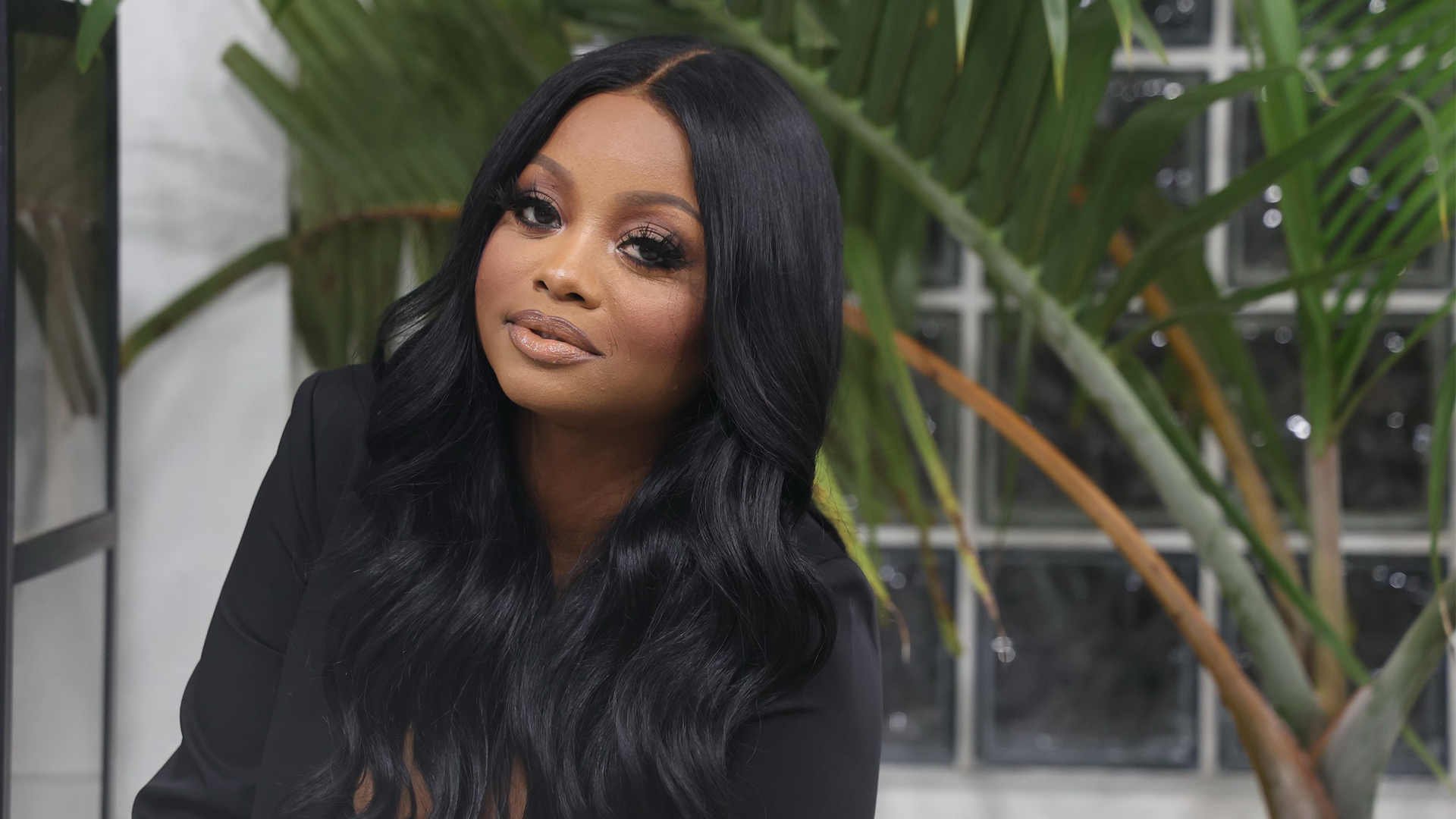In her work as a scientist in the beauty industry, Zuri Dale is instilling confidence in women.
The Houston native’s interest in the field blossomed after she graduated from Texas Southern University with a bachelor’s degree. While she considered a career in medicine, she was not interested in treating patients clinically. Rather, it was while studying at Texas A&M University that she developed an interest in health promotion, health outcomes, and disease prevention.
“I come from a Black house[hold]. So, becoming a doctor, [and] becoming a lawyer — that is a very high standard of excellence and it was in my household. As long as I can remember, I was going to be a medical doctor. So, when I thought about health and health outcomes and even disease and disease prevention, I only ever knew about becoming a doctor. I was not really versed in all of the other things that you can do in the health-related field other than being a clinician that sees patients. It never crossed my mind that there has to be someone who does the research, who does the studying, who gives the information to the doctor to even give to the patient,” Dale told AfroTech in an exclusive interview.
Artistry By Zuri Institute of Art and Science
Throughout it all, she also had her eye on the beauty industry and merged the two fields by diving into traditional and semi-permanent makeup. She is currently a licensed tattoo artist in the state of Texas practicing her love for both art and skin science through the Artistry By Zuri Institute of Art and Science all while maintaining a position as an epidemiologist with a concentration on the incidence distribution, and control of COVID-19, according to information on the company’s website.
“While I was a student, I wanted to build upon this interest in the beauty sector. So, at the time I was not working in science as I was a student when I took my first course. What I fell in love with in the industry was not necessarily the output, like the brow or the hairline or the lip lush. What I was most interested in was the science of tattooing and how the skin is an organ and in order to implant this pigment, we have to break this barrier and all of the physiological processes that occur along with that,” Dale explained.
She continued: “I tell people that my business and my career grew together at the same time. I went on to graduate, I got a job, but then I’m also excelling in the industry at the very same time.”
Dale also states that her inquisitive nature has led to gathering scientific knowledge that the beauty industry currently lacks. By gaining this knowledge, minority women would have better outcomes.
“There was not a comprehensive institute of art or science that would teach you the hard science of permanent makeup,” Dale explained. “What we saw was that the individuals who suffered the most were women in the African-American community, overwhelmingly women of color were the ones who had unfavorable work, because there was not a concrete knowledge of pigment chemistry and organic compounds versus inorganic compounds, people were automatically using the darkest color in their toolkit on a woman who was black just because she was black and they didn’t understand pigment chemistry and the organic pigments in the body. And so I felt that it was my responsibility to try to trailblaze that path because it was my reference group and my community that was impacted by that the most.”
Her current work has opened up a new avenue for helping individuals with hair disorders such as alopecia, which is very common among Black women. In cancer patients, her services also include the restoration of the areola.
“This is not about just superficial enhancements, cosmetically. These services really change lives,” she expressed.
View this post on Instagram
PMUCon
As part of Dale’s efforts to ensure that the industry continues to progress, she is also working to make the space more accessible.
This is why she is curating the PMUCon in Houston, TX, on March 23, 2023. At the conference, artists will learn to “improve the healed work of women of color.”
View this post on Instagram
“We have to be very intentional about the way that we service this particular group,” Dale said. “It’s not enough for me to have an institute of art and science and just teach it to the people who sign up and book your training with me. This message needs to be spread more widely. So, if we can get 100 artists in the room and impart this knowledge and teach proper techniques, then each of those hundred artists goes back home to their respective states and they will continue to perpetuate that messaging.”

